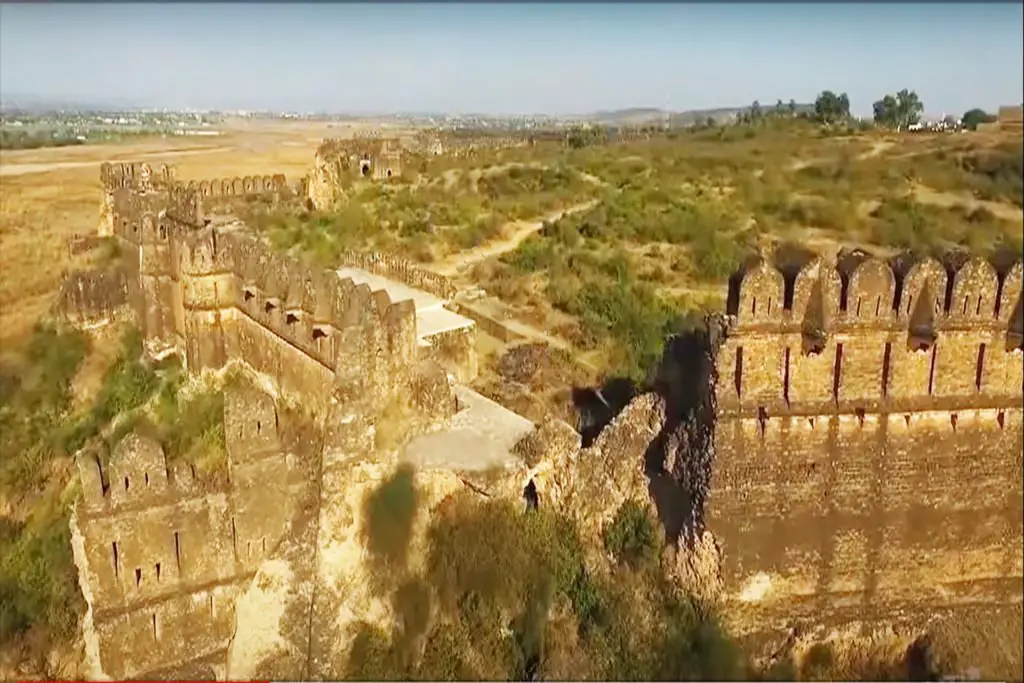The Temple of Apollo, an architectural marvel and sacred sanctuary dedicated to the revered Greek god of music, prophecy, and light, stands as a testament to ancient craftsmanship, spiritual devotion, and the enduring legacy of classical civilization. From the grandeur of its design to the myths and rituals associated with its hallowed halls, the Temple of Apollo holds a central place in the tapestry of Greek history and culture. In this article, we delve into the awe-inspiring story of the Temple of Apollo and its profound significance.
Myth and Symbolism:
The Temple of Apollo was more than a physical structure; it represented a powerful connection between the divine and mortal realms. In Greek mythology, Apollo was associated with truth, healing, and enlightenment. The temple’s design and rituals were intricately woven into these themes, making it a place of oracles and spiritual guidance.
Epicenters of Worship:
The Temple of Apollo was not a singular entity but a concept that found physical form in various locations across ancient Greece. One of the most famous instances is the Temple of Apollo at Delphi, nestled on the slopes of Mount Parnassus. Delphi served as a religious sanctuary where priests and priestesses interpreted the god’s messages and offered counsel to seekers from far and wide.
Architectural Splendor:
The design of the Temple of Apollo showcased the pinnacle of Greek architectural ingenuity. Often characterized by its grand Doric columns, the temple’s façade exuded a sense of majesty and harmony. Intricate friezes, sculptures, and inscriptions adorned its surfaces, capturing the essence of Apollo’s divine attributes.
Oracle of Delphi:
The Oracle of Delphi, located within the Temple of Apollo at Delphi, was renowned for its prophetic utterances. Pilgrims from across the Greek world would travel to Delphi seeking guidance on matters of state, personal affairs, and destiny. The oracle’s cryptic and poetic responses were considered a conduit to Apollo’s wisdom.
Cultural Crossroads:
The Temple of Apollo and its associated rituals transcended geographical boundaries and cultural divisions. It united people from diverse regions under a common spiritual and cultural framework. The Pythian Games, held in honor of Apollo, brought athletes, musicians, and artists together in a celebration of human excellence.
Influence and Legacy:
The Temple of Apollo’s influence extended beyond its religious significance. It inspired poets, philosophers, and thinkers of antiquity, shaping their understanding of art, aesthetics, and human potential. Apollo’s legacy is interwoven with the Renaissance and subsequent periods, as the ideals of classical antiquity were rekindled.
Preserving the Past:
The remains of the Temple of Apollo at Delphi, though fragmented by time, stand as a testament to the enduring reverence accorded to this ancient deity. Archaeological efforts have unearthed fragments of its splendor, allowing modern generations to catch a glimpse of its former glory.
Modern Reverberations:
The spiritual quest for enlightenment and connection with the divine, embodied by the Temple of Apollo, continues to resonate in contemporary society. The temple’s legacy lives on in literature, art, and philosophy, reminding us of the timeless human pursuit of meaning and illumination.
The Temple of Apollo, with its ethereal beauty, sacred rituals, and mythic resonance, stands as an enduring symbol of humanity’s yearning for transcendence and understanding. Through the ages, it has bridged the gap between the mortal and divine, offering a sanctuary for seekers and a beacon of inspiration for generations. As we contemplate the splendor of this ancient edifice, we are reminded of the universality of human aspirations and the eternal allure of the gods’ realm.







